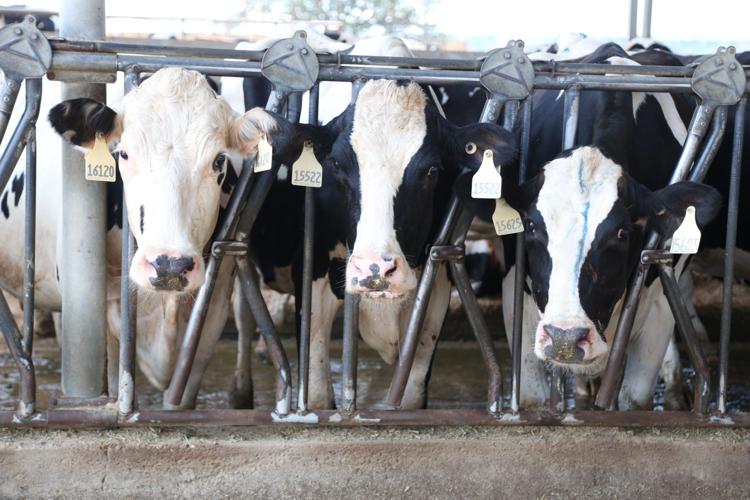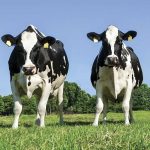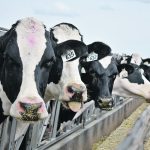According to the American Association of Bovine Practitioners (AABP), practitioners working with these herds are estimating that 5%-10% of the herd is affected.
Most affected cows recover within two to three weeks, while others are unable to bounce back as fully or quickly. Some herds have reported secondary infections, including pneumonia and clinical mastitis.
This illness is not proving fatal to cows, but the cows that do not recover in milk production are reported to be culled.
Currently, there is not a diagnosis nor known cause for this health issue, and it is under investigation by federal and state animal health officials with the assistance from private veterinarians and affected dairy farms.
“We are doing the best we can with the information the industry is willing to provide,” says Erin Robinson, director of communications for the Texas Animal Health Commission (TAHC).
The TAHC is working closely with the USDA, Texas A&M Veterinary Diagnostic Laboratory (TVMDL) and dairy veterinarians, along with other partners, to monitor and evaluate affected dairy cattle, develop a case definition and conduct additional diagnostics.
“We are all working diligently to find answers,” Robinson says.
Thus far, the diagnostic testing has shown no evidence of a reportable or foreign animal disease. There is also no evidence of disease in any other species, including people from direct contact or consumption of food products.
As required by the Grade “A” Pasteurized Milk Ordinance, milk appearing to be abnormal must be collected separately and cannot be sold for human consumption.
Additionally, all dairy cattle are subject to the Federal Meat Inspection Act and must be slaughtered and processed under inspection by USDA’s Food Safety and Inspection Service, ensuring that all meat entering the food supply has been inspected and approved for human consumption.
Enhanced biosecurity
Since the illness is affecting multiple farms, moving rather quickly and the cause of how it spreads is still unknown, dairy farmers are encouraged to implement enhanced biosecurity measures by limiting the amount of traffic into and out of their properties and restricting visits to employees and essential personnel only.
Now is a good time to review biosecurity protocols using biosecurity practices guidance and industry resources, such as FARM Biosecurity.
Watch for symptoms
Dairy farmers are asked to be vigilant to observe for symptoms, such as loss of animal appetite and a sudden drop in milk production. They should contact their veterinarian if animal conditions outside of the ordinary are observed.
Veterinarians who observe these clinical signs and have ruled out other diagnoses on a client’s farm should contact their state veterinarian and follow the guidelines provided, including submitting a complete set of samples to be tested at a diagnostic laboratory.
Veterinarians in Texas may call Dr. Alexis Thompson at TVMDL-Canyon, (806) 651-7478, to make case specific diagnostic plans and receive guidance on sample collection.
State and federal animal health experts are all working to diagnose the health issues being observed in order to determine a cause, which will hopefully lead to guidance on control measures and treatment protocols.
You can now read the most important #news on #eDairyNews #Whatsapp channels!!!
🇺🇸 eDairy News INGLÊS: https://whatsapp.com/channel/0029VaKsjzGDTkJyIN6hcP1K
























